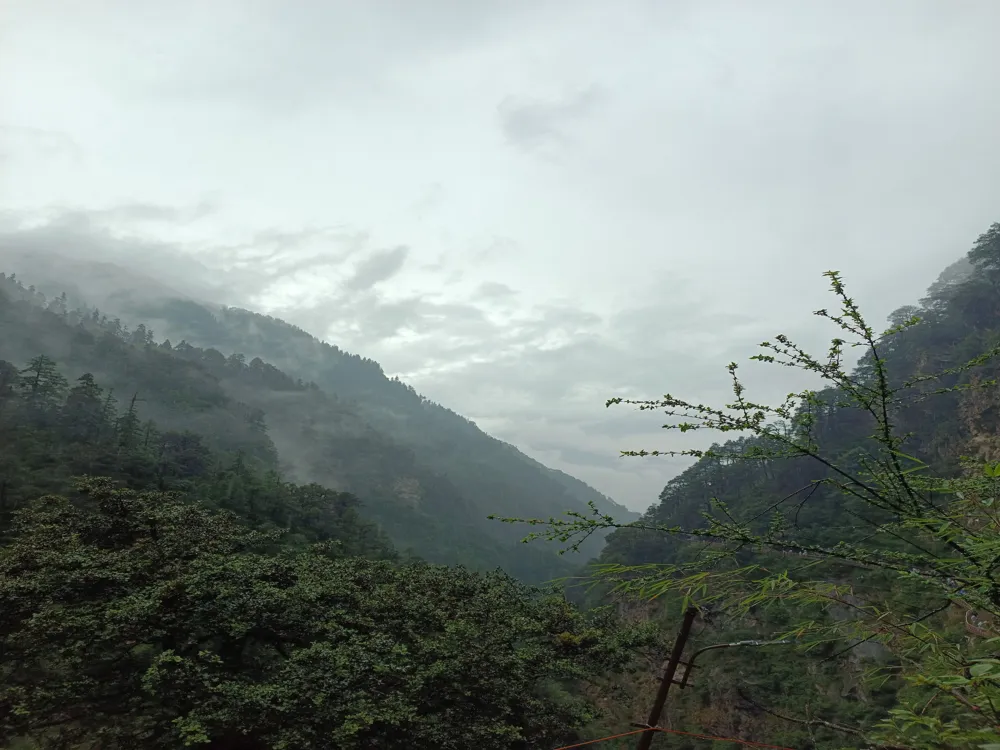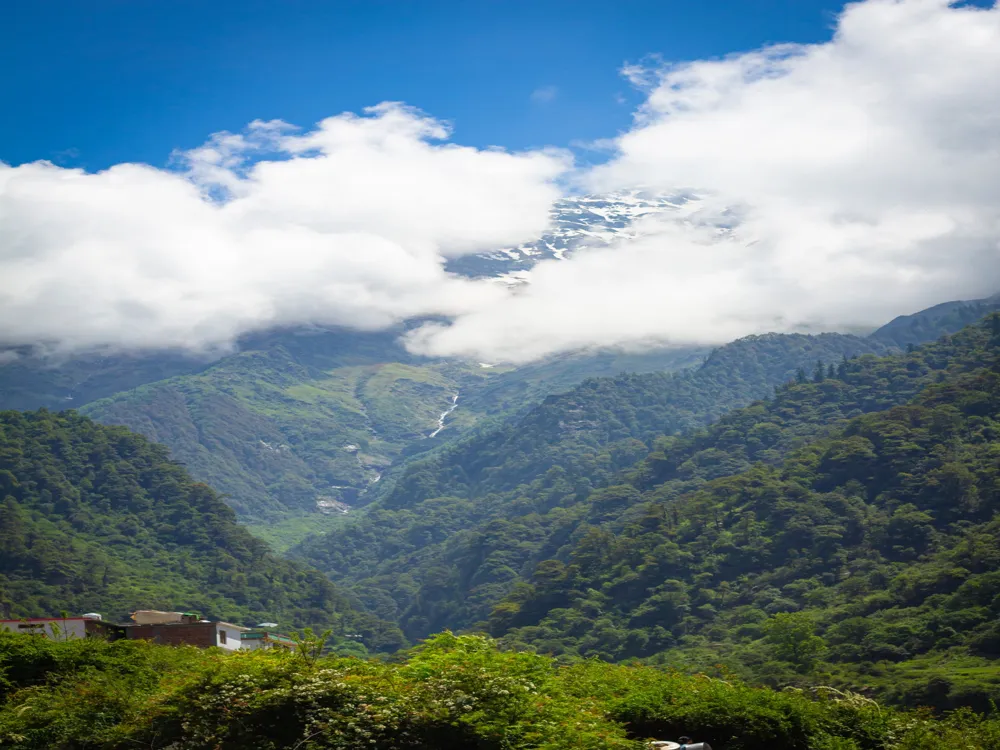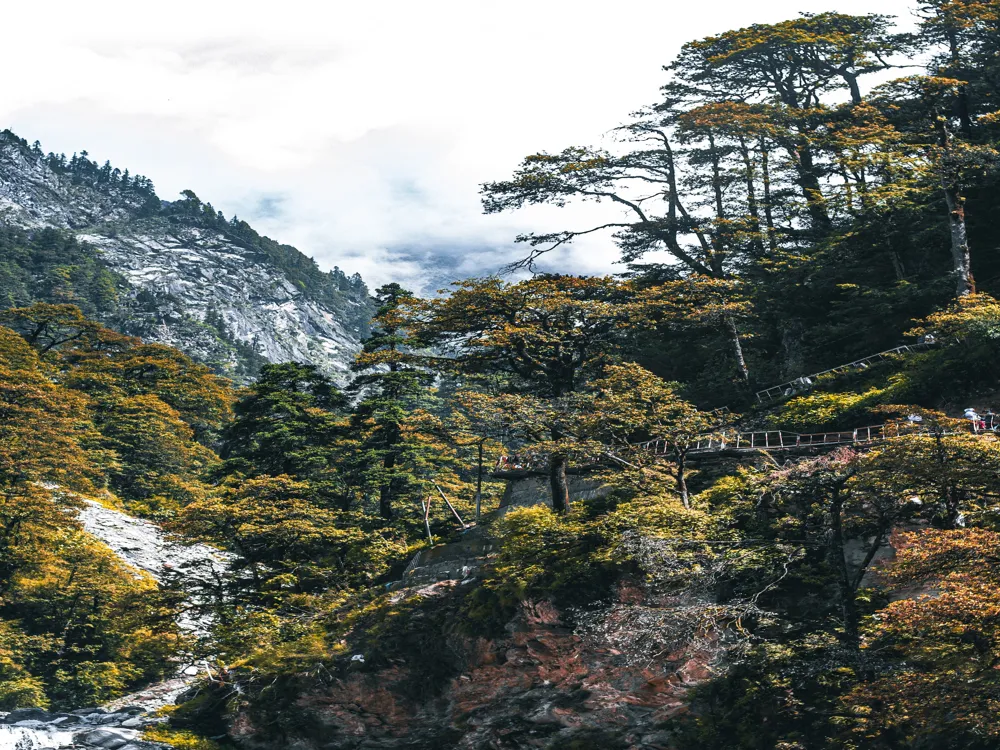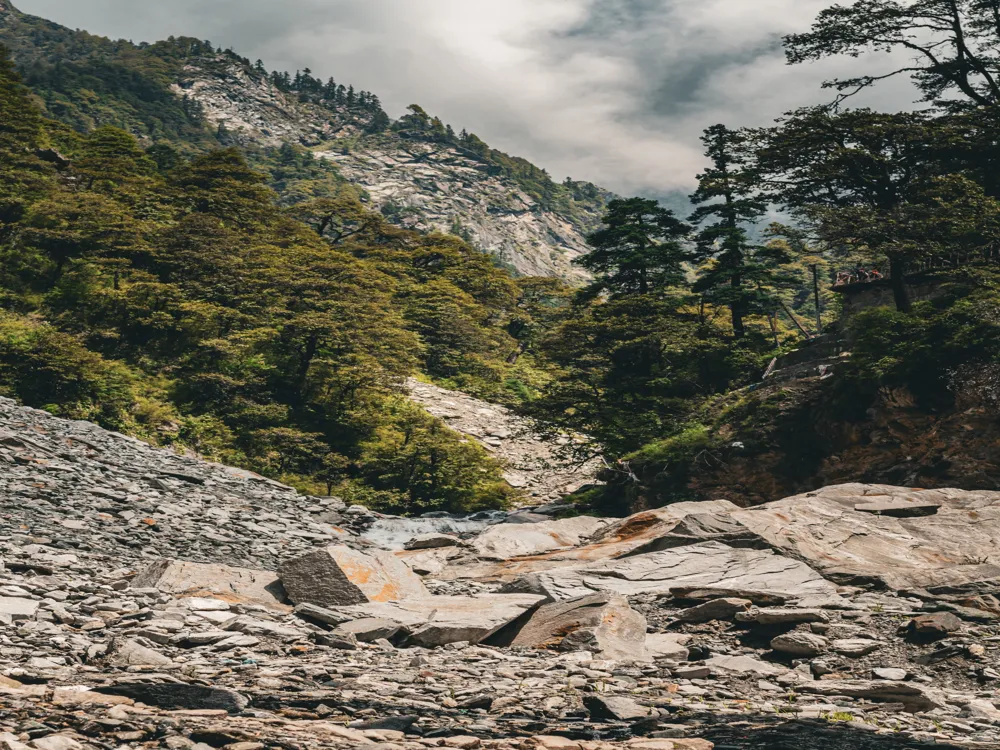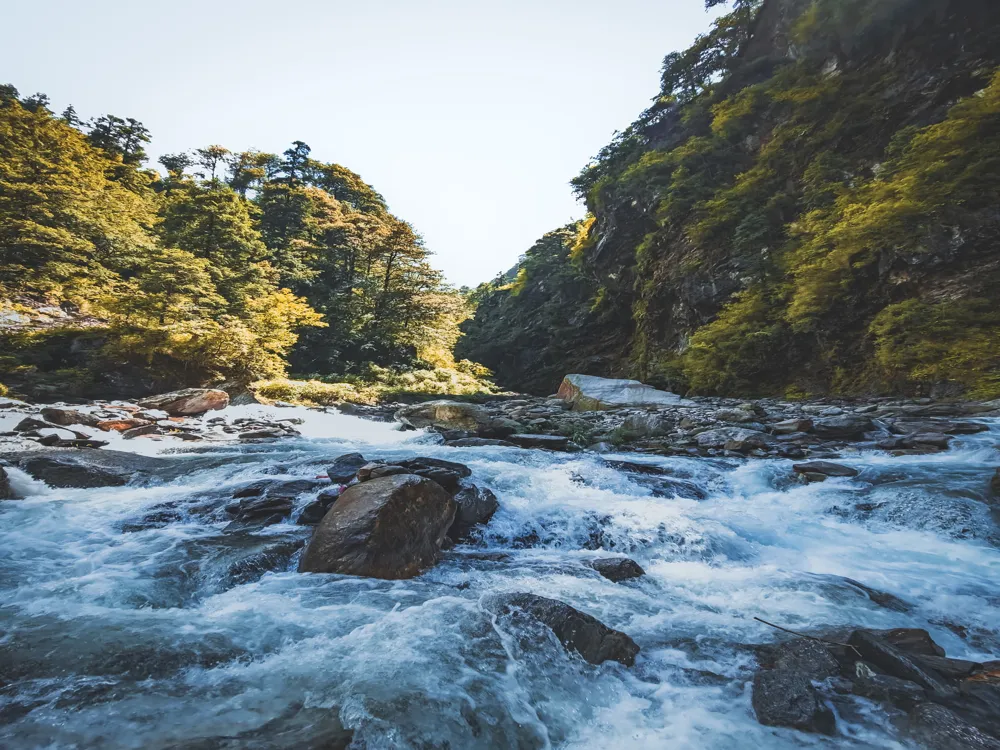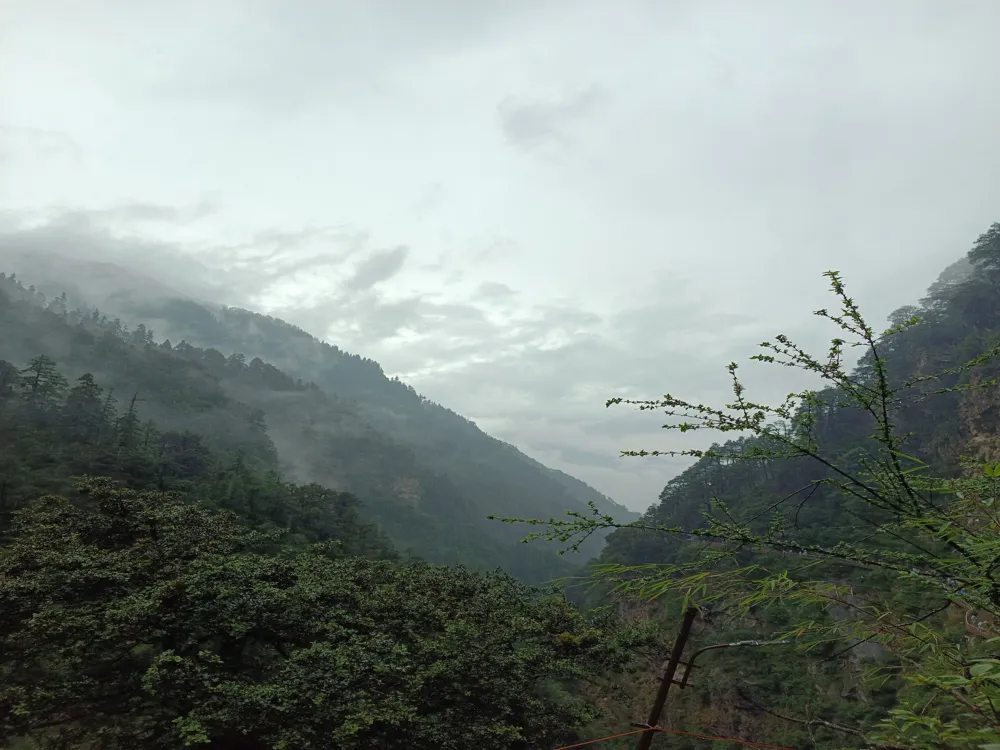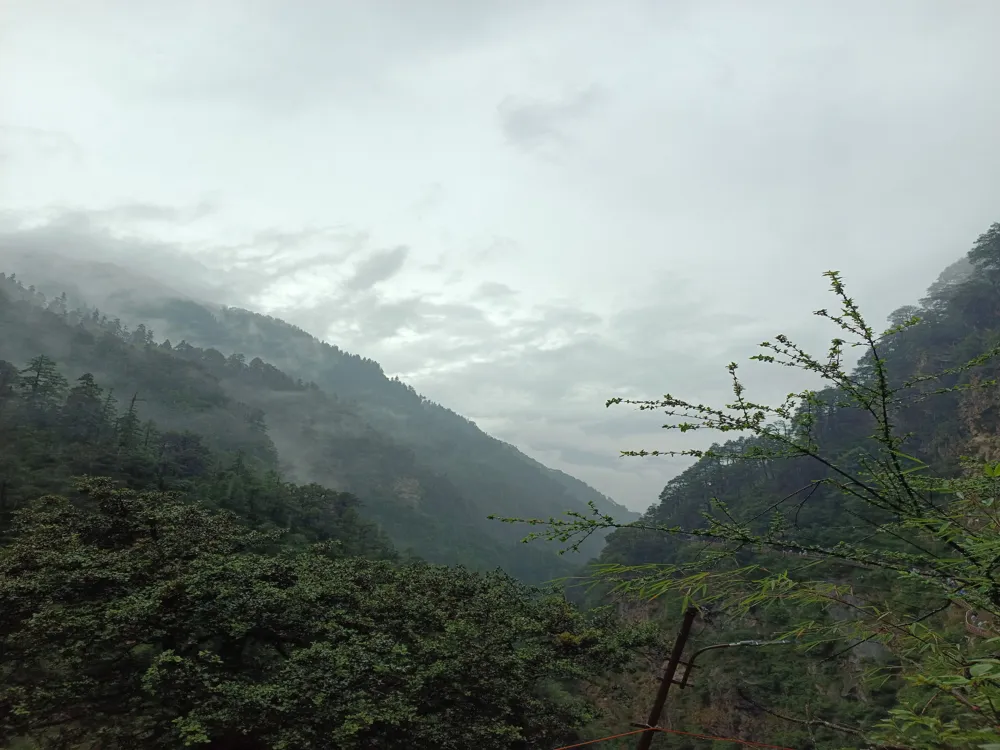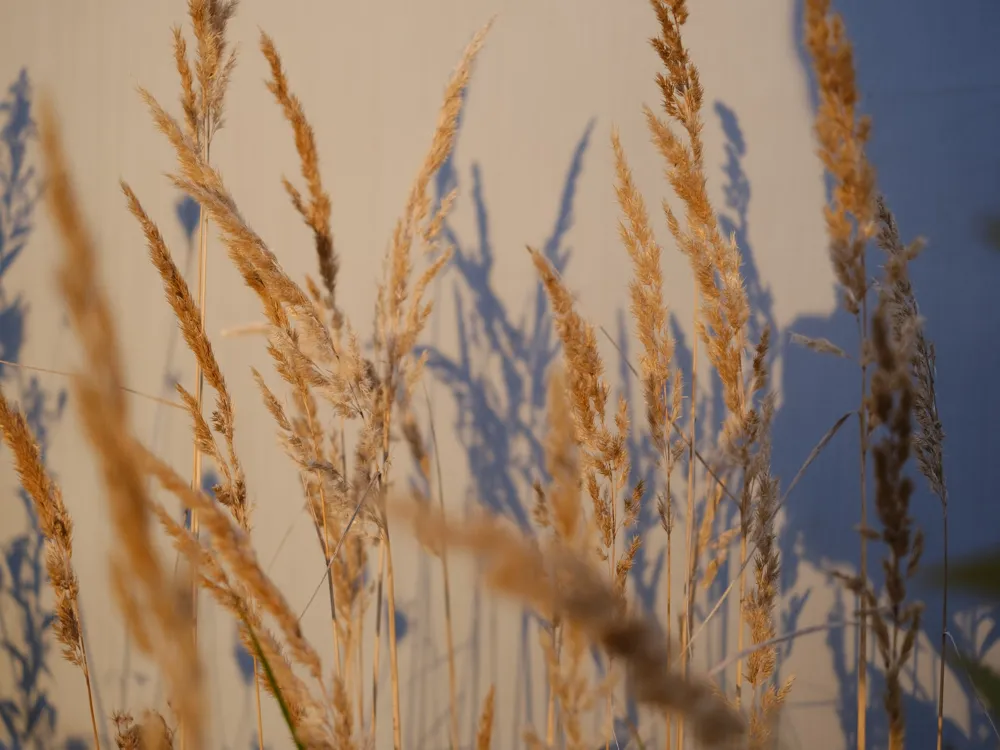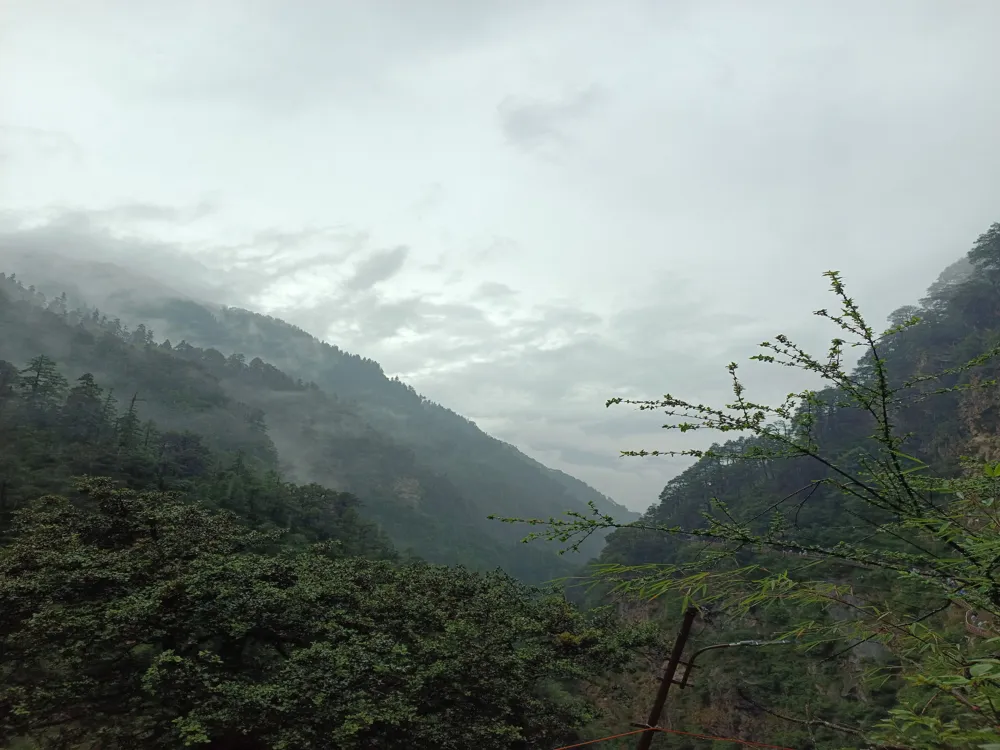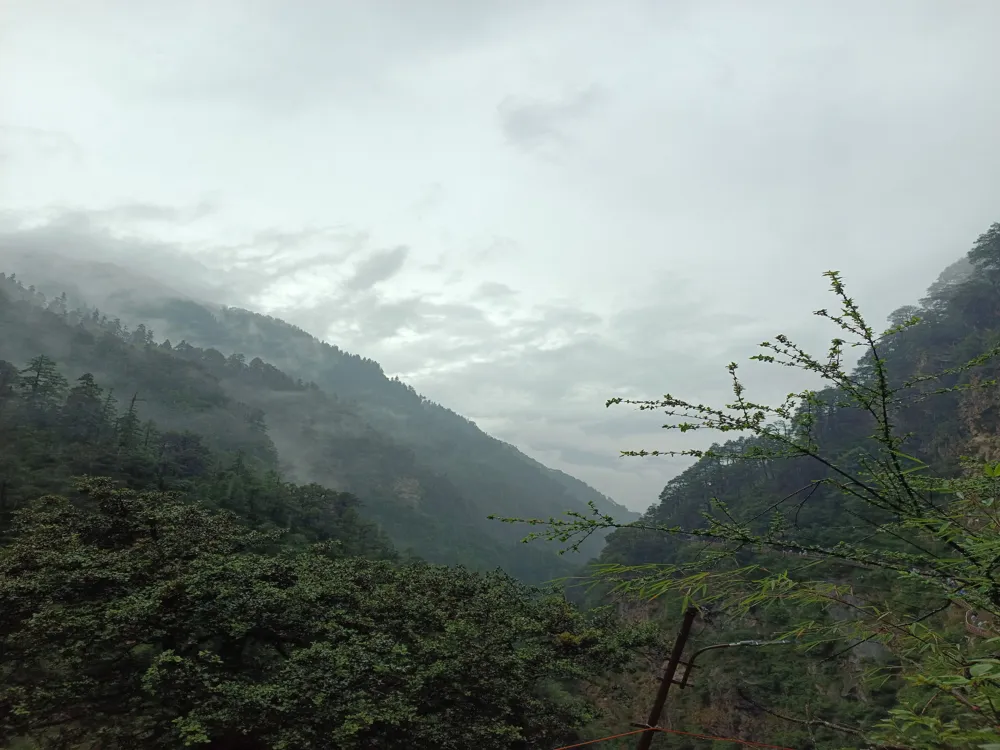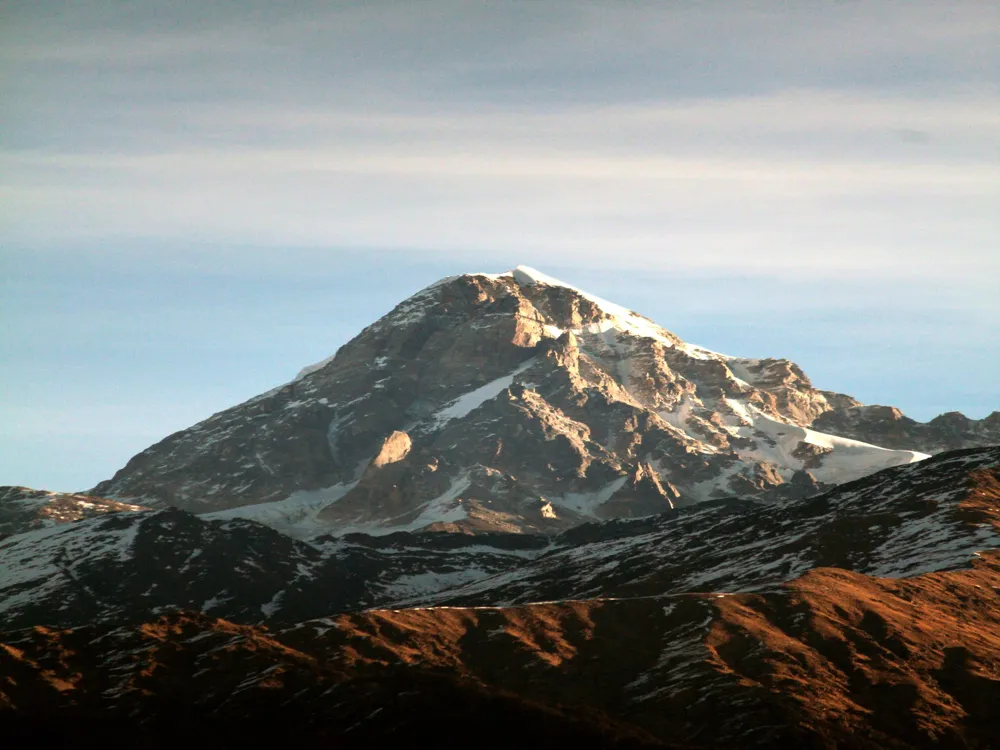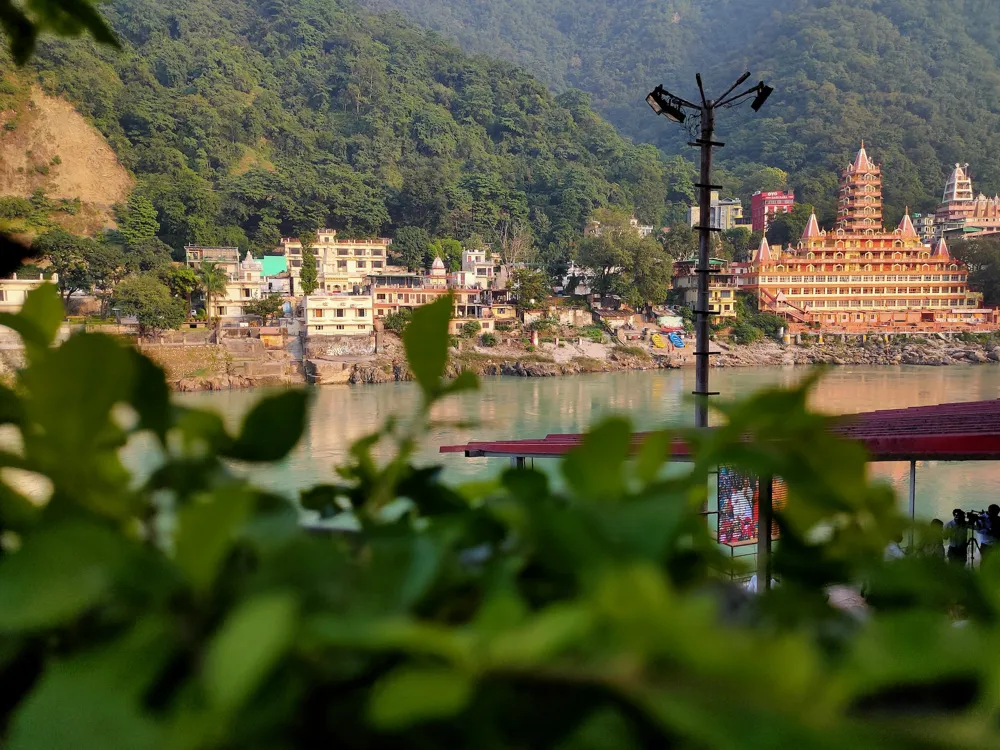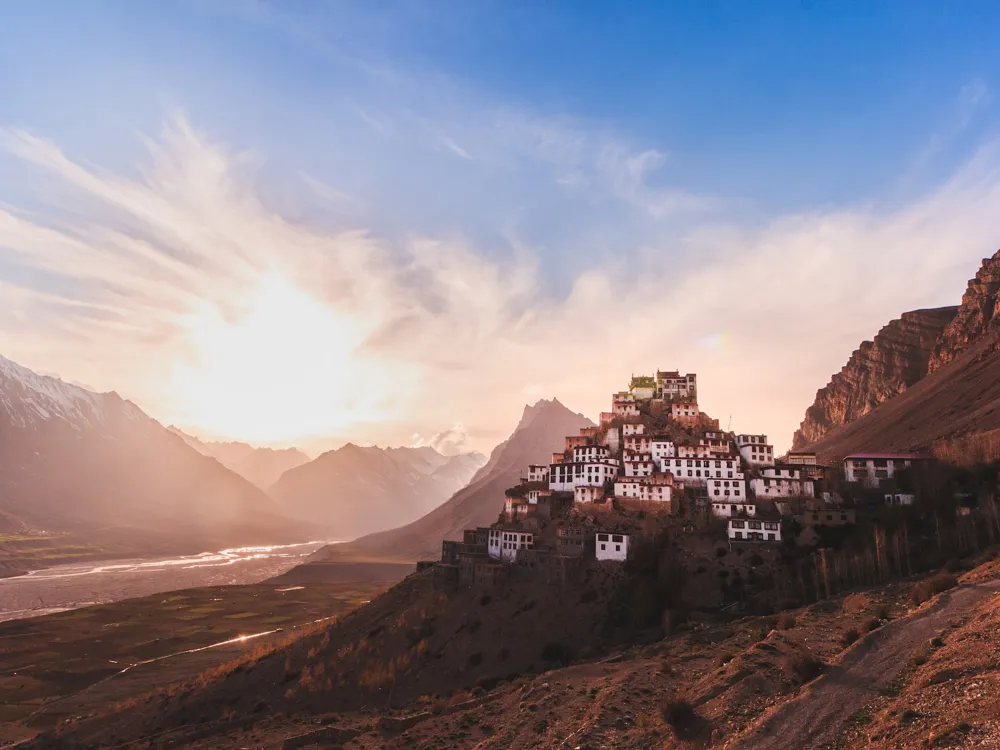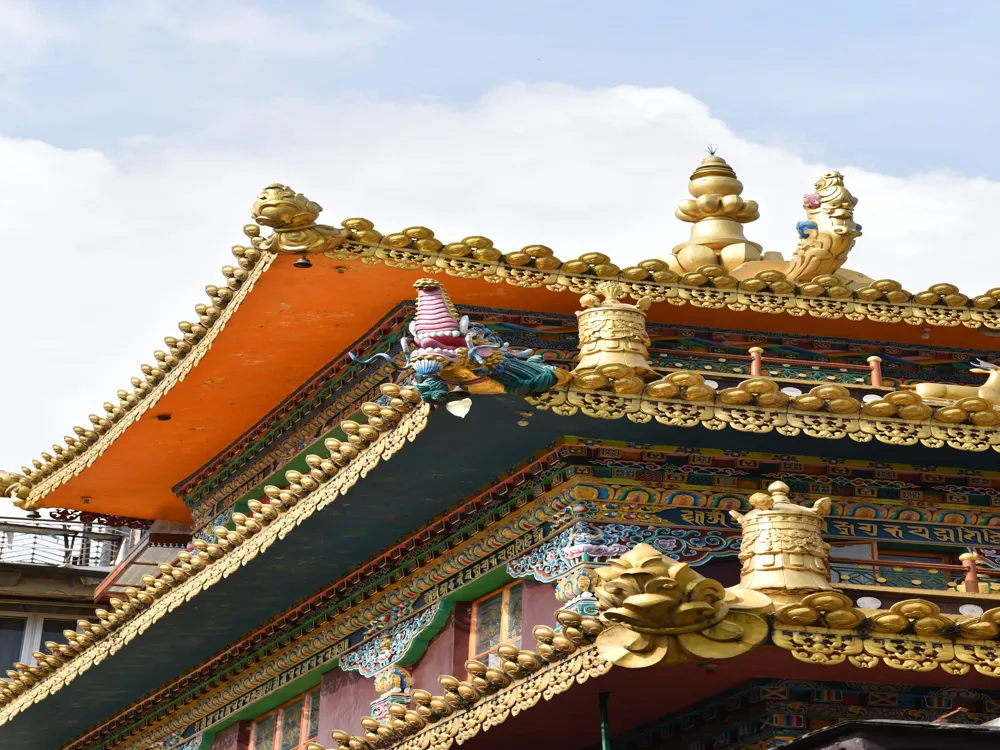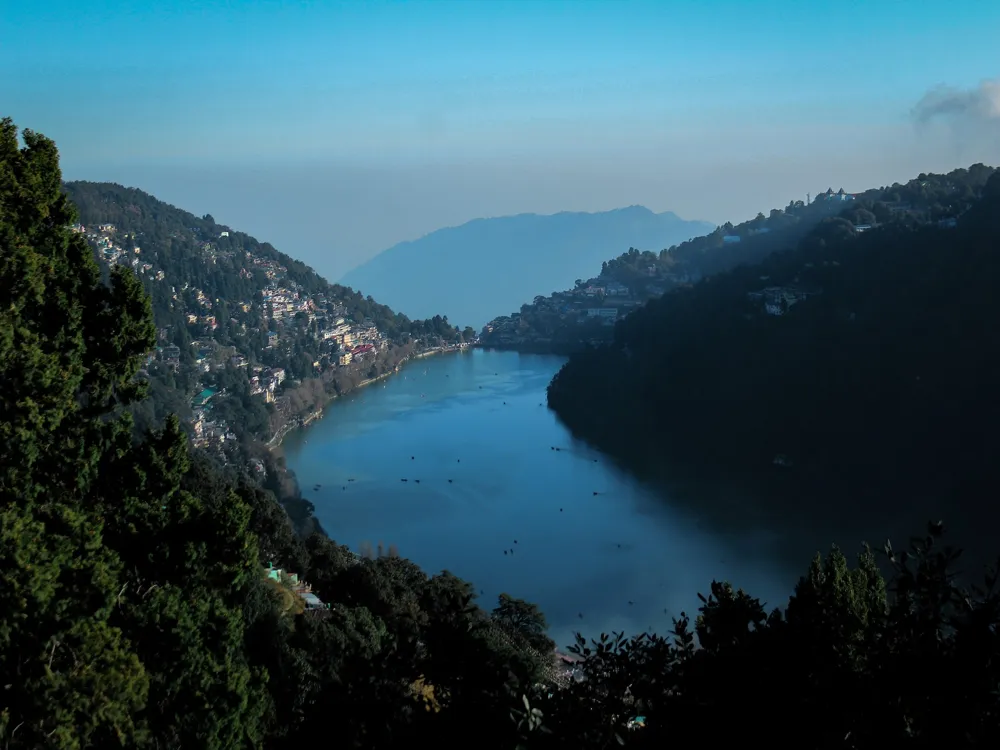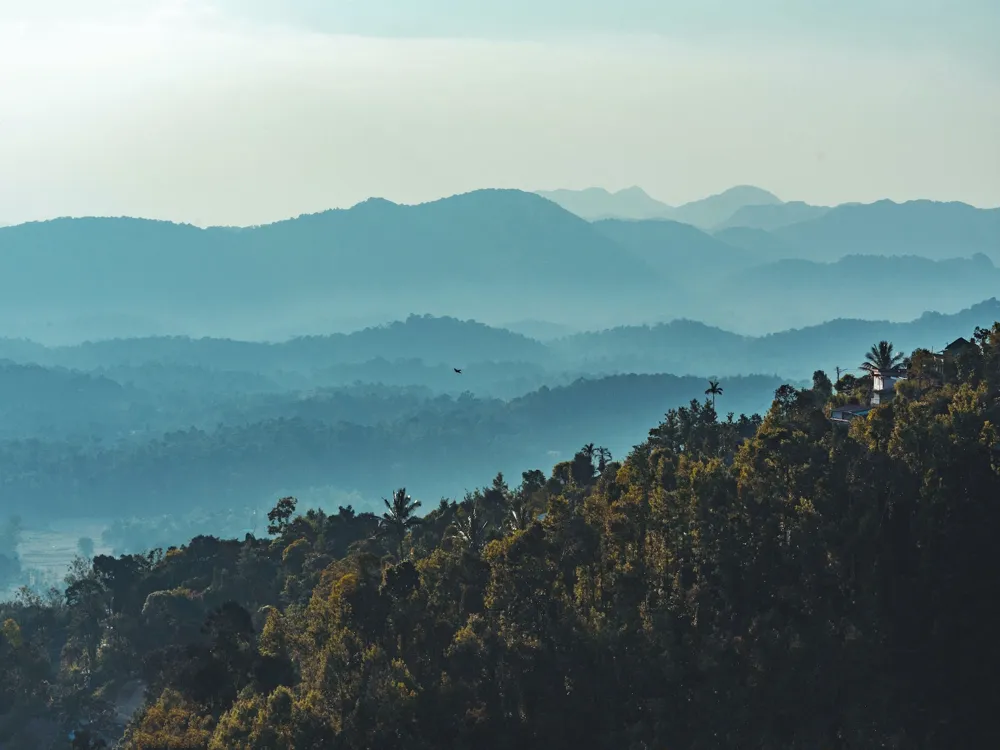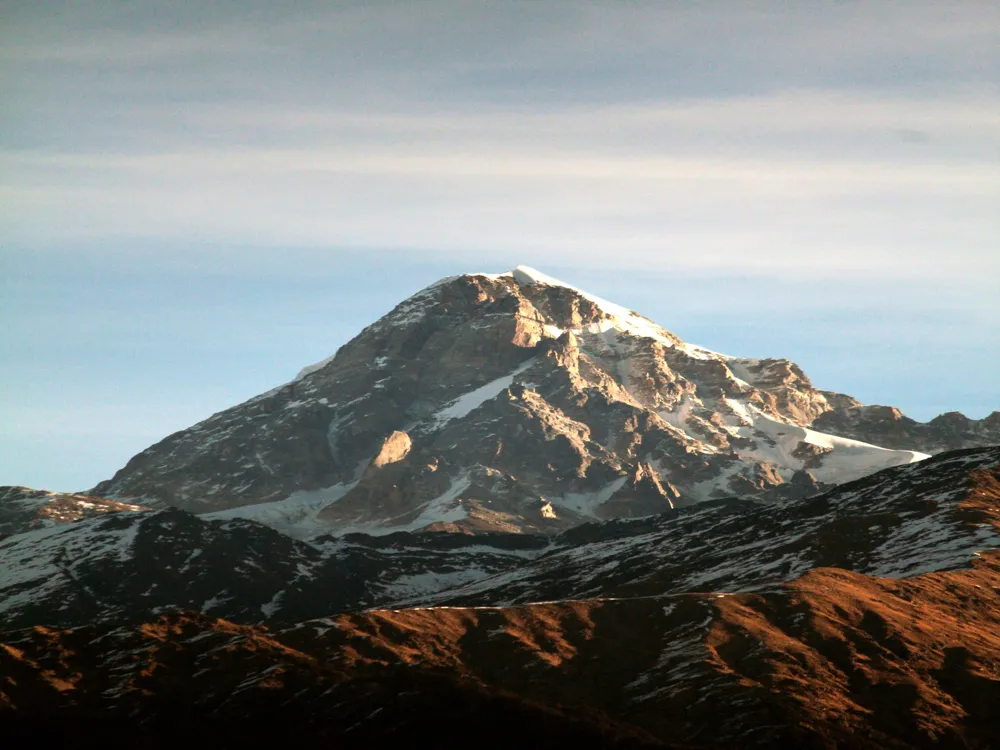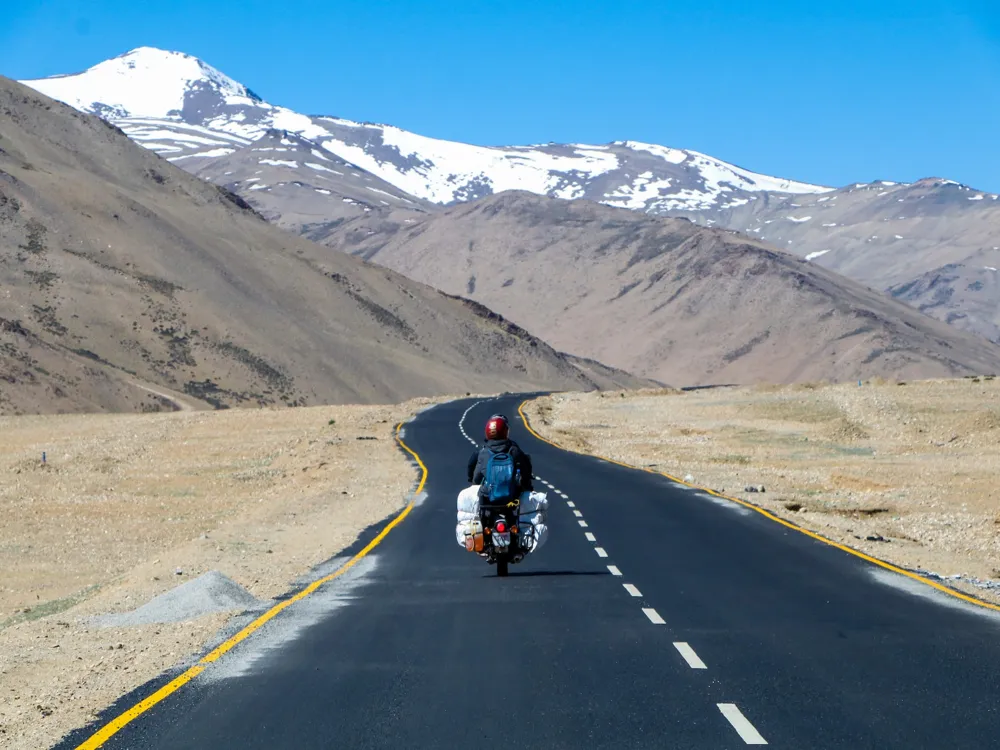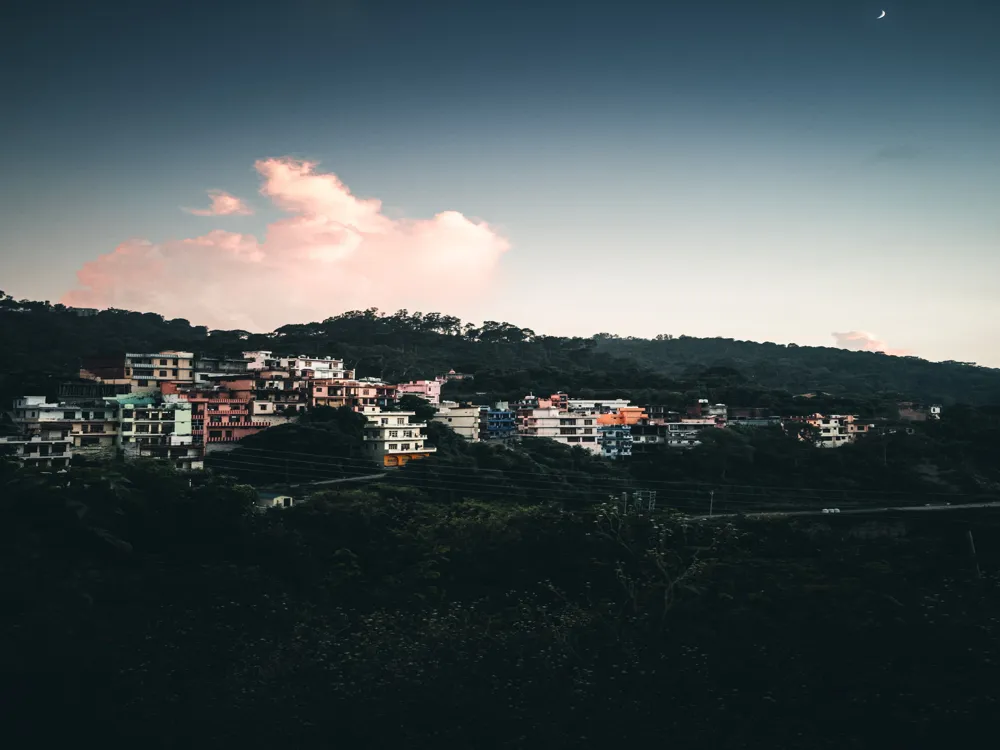Best Time to Visit Yamunotri
Char Dham Uttarakhand India
9 out of 57 Places to visit in Uttarakhand₹ 14,000 onwards View Packages
Get Customized PackagesThe Land of Diversity
Top Hotel Collections

Private Pool

Luxury Hotels

5-Star Hotels

Pet Friendly
What is the Best Time to Visit Yamunotri?
Yamunotri, nestled in the serene lap of the Garhwal Himalayas, beckons pilgrims and nature enthusiasts alike. Understanding the nuances of the seasons can significantly enhance your visit to this sacred destination. Let's delve into the optimal times to experience the divine aura of Yamunotri.
More about the Best Time to Travel to Yamunotri
Travel Peak Season in Yamunotri: Embracing the Spiritual Buzz
The peak season in Yamunotri unfolds from May to June when the weather is mild, and the sacred temple is accessible. Pilgrims from far and wide embark on their spiritual journey during this period, immersing themselves in the divine ambiance. The blooming meadows and clear skies create an enchanting backdrop for a truly transcendent experience.
Travel Offseason in Yamunotri: A Tranquil Escape
For those seeking solitude and a quieter pilgrimage, the offseason from October to April is ideal. While the temple is closed due to heavy snowfall, the surrounding landscapes transform into a winter wonderland. This is the perfect time for introspection and a unique encounter with the raw beauty of the Himalayas.
Yamunotri Travel Packages
View All Packages For Yamunotri
Yamunotri in Shoulder Season: Embracing Nature's Transition
As the seasons transition, the shoulder months of September and October offer a delightful compromise. The weather is still pleasant, and the temple reopens for a brief period. This is an opportune time for travelers who wish to avoid the crowds while enjoying the scenic beauty and spiritual serenity.
Yamunotri in Hot Season: A Blissful Retreat Amidst Blossoming Nature
During the hot season from May to June, Yamunotri emerges from its winter slumber, adorned with vibrant blossoms. The clear skies and moderate temperatures make it an ideal time for both spiritual seekers and nature enthusiasts. The hot season offers a unique blend of religious fervor and the joy of witnessing nature's awakening.
Yamunotri in Rainy Season: Navigating the Monsoon Magic
Monsoons, from July to September, bring a touch of magic to Yamunotri. The region comes alive with lush greenery, and the Yamuna River flows with renewed vigor. While trekking during this season requires caution, the breathtaking landscapes and rejuvenated surroundings make it a captivating time for the adventurous soul.
Yamunotri in Cool Season: A Winter Wonderland
As winter sets in from November to April, Yamunotri transforms into a serene white paradise. The temple is closed, but the snow-covered landscapes offer a surreal experience for those seeking solitude and a connection with the raw beauty of the Himalayas. It's a time for introspection and awe-inspiring views.
In conclusion, understanding the distinct charm of each season is key to planning a fulfilling visit to Yamunotri. Whether you prefer the bustling energy of peak season, the tranquility of the offseason, or the unique offerings of the shoulder months, Yamunotri has something magical to offer year-round.
Places To Visit In Yamunotri
View All Places To Visit In YamunotriNearby Places Yamunotri
Yamunotri Photos
View All Photos For YamunotriBrowse Package Collections
Browse Hotel Collections
Faq
Q1: When is the best time to visit Yamunotri?
A: The ideal time to visit Yamunotri is during the summer months, from May to June, when the weather is pleasant and the temperature ranges between 6°C to 20°C. This period allows for comfortable pilgrimage and exploration of the surroundings.
Q2: Is it advisable to visit Yamunotri during monsoon?
A: It's not recommended to visit Yamunotri during the monsoon season (July to September) due to heavy rainfall, which may lead to landslides and slippery trekking paths. Pilgrims are advised to avoid this time for safety reasons.
Q3: What makes the autumn season special for a visit to Yamunotri?
A: Autumn (October to November) is a unique time to visit Yamunotri as the surroundings transform into a breathtaking canvas of vibrant colors. The weather is cool, and the views of the Himalayas are stunning, making it an ideal time for nature enthusiasts and photographers.
Q4: Can Yamunotri be visited in winter?
A: While Yamunotri experiences extreme cold during winter (December to April) with temperatures dropping below freezing point, it is still visited by some devotees who brave the weather. However, facilities and accessibility may be limited, and only experienced trekkers should attempt the journey during this time.
Q5: Are there any specific festivals that enhance the experience of visiting Yamunotri?
A: Yes, the Yamunotri Temple is particularly vibrant during the Yamunotri Mela, which usually takes place in the months of May and June. Pilgrims often plan their visits during this time to witness and participate in the festivities.

